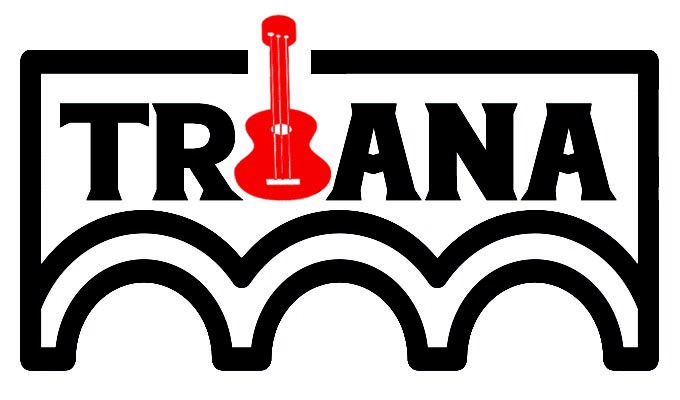
Juan Paul Mejía: "Colombia is a country that has plenty of talent but lacks support"
We had time without returning with the Interview of the Month, so we took the opportunity to talk with a very loved and remembered player in his time in Torrejón de Ardoz: Colombian forward Jhan Paul Mejía, who is one of the five players developed at Javi Limones who has reached NCAA D-1. We know more about the 2.07 meter tall giant in these lines:
Describe who is Jhan Paul, the player, and also off the court in brief words:
Very spontaneous, I try to comply and do what the team may need in certain aspects. Off the court, very attached to mine, being with my family, my friends / colleagues.
Where does your passion and path begin in the world of basketball, Jhan?
My dad is the culprit. I was growing in size steadily at 14, 15 years old and one day when he came home he told me: on Tuesday you have basketball training (laughs) and from that day on I began to take more and more liking to this sport.
For those who have not seen you play, what is your style of play? Your virtues on the court, your skill set?
I would say I do a little bit of everything (between positions 3 and 5). My strength is shooting and playing above the rim.
Tell us about your training in T B S:
I spent a year and a half until I traveled to Colombia to finish my education and continue training, but it was the most important year in my formative training. James gave me the opportunity to see that things did not finish curdling in my time at the Estu and thanks to that I had one of the most beautiful years of my career.
How long were you at the academy? You were part of some teams and historical moments ...
I was my Junior year of 2nd year and half season with the 1st National. In Junior we had a very good year, starting with the Madrid Championship, going through the international Cholet tournament in France, and the Spanish Junior Championship doing very well later.
What memories do you have of some of those teams in particular? Talented players and friends that you always keep in mind?
The group that we had is a group that it is very difficult to have again. Not only did I make friends who I called family, but it was a very talented group of players some of whom make their living from basketball. James is the one to blame for all this beautiful chaos.
Tell us about your jump to the United States and that experience in general.
One of the best experiences of my life. My first two years, especially the second, were the best of my career. It is a completely different world in which a lot is invested in the academic and athletic training of athletes. The last two years were more difficult, but today I see them as a great teaching that helped me a lot to mature as a player and as a man.
How is the professional year at E B A so far? What expectations do you have?
Now we are going through a pothole which we are working to get out of, but we have a squad to be one of the best teams in the entire EBA League. The main objective is promotion. Right now the results do not follow that goal but the league is very long. We just have to go back to the dynamics of the beginning and it will be very difficult to win.
Is returning to the Colombian national team a dream for you? Have you been able to follow the games from afar, from this FIBA window?
Of course, it is always a motivation and pride to be able to wear the tricolor. I am still in the "dynamic" of being called up among 20. You just have to keep working harder and one day that opportunity will return. I was able to see the first match which we competed a lot against the Uruguay of Fitipaldo and Batista. But there is still work to be done.
How do you see the state of Colombian basketball in general, its top talents? What has to be done to improve its structure and what do you highlight that is already good?
It is a country that has plenty of talent but lacks support. There are important talents such as Jaime Echenique, who I am proud to see his role this year in the G-League, Braian Angola, whose signing for Barça is rumored, Tonny Trocha, who is having a season in Bulgaria and I could continue to name more talents. In the end, the professional league itself has 8-10 teams and is played 2 times a year for a maximum of 2 months, with this it is not possible to reach a good pace to compete at an international level, the country cannot be known worldwide. It is true that in the last two years the level of the league has risen a lot but it is also due to the incorporation of a lot of foreigners, which greatly diminishes the opportunity for native players.







Latest news